Challenges in Suicide Prevention in the Context of Secondary Education
The seminar ‘Challenges in Suicide Prevention in the Context of Secondary Education,’ held on September 12, 2023, successfully brought together nearly a hundred people at theComplutense University of Madrid to discuss youth suicide in Spain.
This seminar, organized by the National Platform for the Study and Prevention of Suicide and the EPISAM Group (Psychiatric Epidemiology and Mental Health Research Group), led by Alejandro de la Torre Luque and Patricia Díaz Carracedo, featured the participation of specialized professionals in suicide behavior, of significant interest and relevance.
Each of the speakers, through their experience and positions, provided a broad and valuable perspective on the current situation faced by adolescents in our country. Ms. Mercedes Navío, representing the Ministry of Health, and Mr. José Antonio Luengo Latorre, representing the Ministry of Education, opened the conference, alongside Javier Arias, Dean of the Faculty of Medicine at UCM. They also exposed the issue of suicidal behavior from an institutional standpoint.
From that point, an enriching combination of presentations was offered, which, from various perspectives (theoretical, practical, statistical, and even real-life experiences), allowed the attendees to form a comprehensive picture of what suicidal behavior is and how it impacts young people.
Javier Muñoz, a member of the psychosocial intervention team of the National Police, provided an overview of the work carried out by the State security forces in this field. Furthermore, he emphasized the importance of considering risk factors and warning signs when identifying suicidal behaviors in minors.
On the other hand, Ignacio Paredero Huerta, representing the LGTBI+ State Federation, shared the results of a series of recent studies and surveys that yielded significant insights within the classroom context.
Members of the EPISAM group, such as Adriana García, Wala Ayad, and Verónica Fernández, presented studies on the identification of suicidal behavior in youth population currently being conducted within the group. They also discussed the SAM program, a suicide behavior intervention program implemented at the San Carlos Clinical Hospital.
Within the context of psychosocial intervention, Patricia Díaz Carracedo, Director of a Family Support Center, a resource belonging to the municipal network of the City of Madrid, addressed how to intervene with minors who exhibit suicidal behavior, both from an educational context and inside their own families.
The closing of the seminar took place through a roundtable discussion featuring professionals from various fields, including educational counseling, socio-community context, teaching teams, and families. They all shared their experiences with this issue, highlighting the difficulties, limitations, and scarce resources available to address suicidal behavior in young people, sparking an active debate among the conference attendees.
Among the recurring ideas highlighted during this afternoon, there was an emphasis on the need to ‘build networks’; amid all social agents, organizations, and resources involved in the child and adolescent population. This coordinated effort is necessary to address a complex and cross-cutting issue like suicidal behavior. Additionally, the hard work and dedication of all professionals in identifying and preventing suicidal behavior were acknowledged and highly valued. However, this also underscored the enormous need for an institutional system, that is, a solid framework of financial, human, and administrative resources to support all this individual work ("taking care of the caregiver"). This infrastructure is crucial to ensure the continuity and excellent contribution of professionals in addressing this issue that concerns us all.
Suicidal behavior is complex, multifactorial, and pervasive, so we cannot simply ignore it or treat it as a passing trend. No young person should ever feel that the only way out is to take their own life, and they should not look around and find no support, no help. Alongside each young person, there should be a network of resources from all the relevant areas involved in their psychosocial development, reaching out a helping hand for them to hold onto as they take their next steps. In short, no young person should feel alone when facing suicidal behavior because, together, we must weave the networks that support them and help them grow physically and emotionally.

